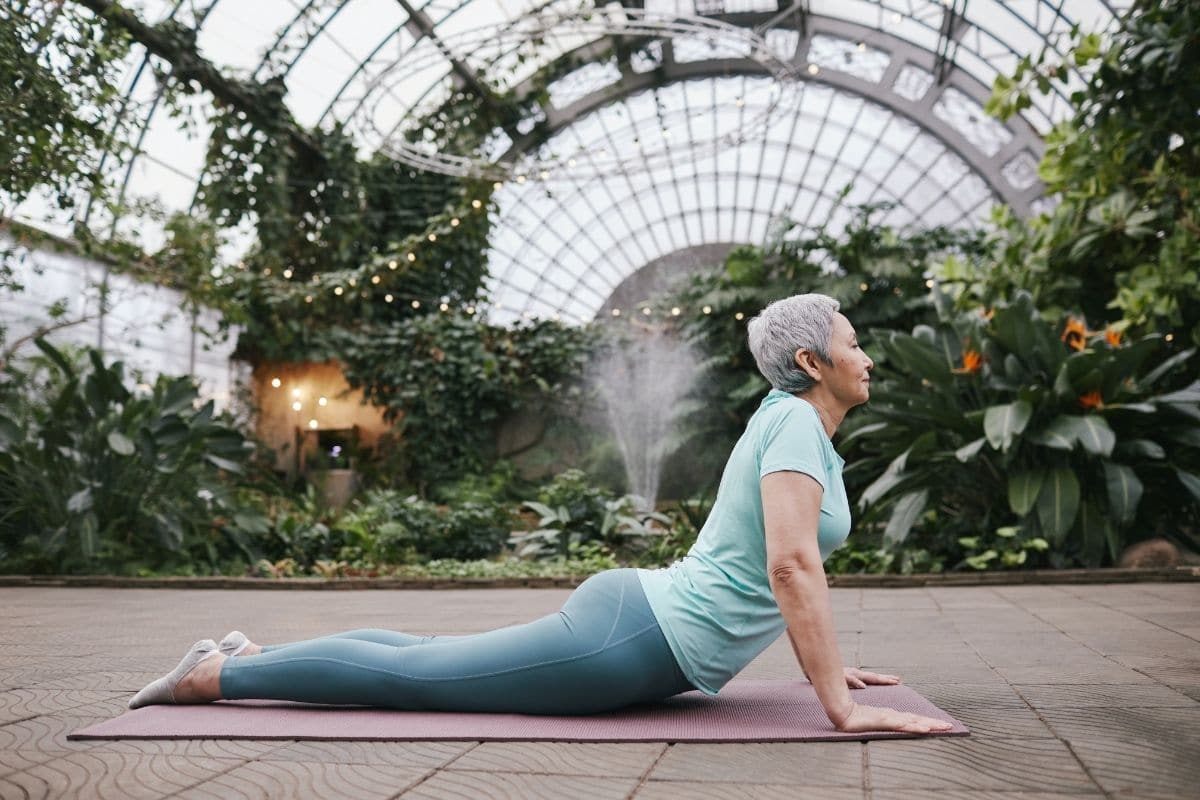
Exercise is apparently good medicine, even in old age.
Everyone knows that exercise is healthy. When you are physically active every day, you not only feel a lot fitter, you also have a lower risk of cardiovascular disease and have a greater chance of living longer. However, relatively few studies have examined whether exercise in later life also has health benefits. And so researchers set out to find answers.
Previous studies have shown that regular moderate-intensity exercise – such as cycling or brisk walking – can reduce the risk of diabetes, coronary heart disease, stroke, osteoporosis, depression, colorectal cancer and breast cancer. It is officially advised to exercise at least 30 minutes a day moderately intensively or 75 minutes a week high intensively†
To close the knowledge gap, researchers in the study data from 3099 older Italians (65 years and older).
Study
The participants had completed questionnaires about their physical activity at various times in their lives. Moderate physical activity included walking and fishing, while vigorous physical activity included gardening, calisthenics, cycling, dancing and swimming. The subjects were subjected to a comprehensive physical examination between 1995 and 1997, followed by interim assessments four and seven years later. The health of all participants was then monitored until the end of 2018. In addition, it was noted who had died in the meantime and by whom.
Heart conditions
The researchers make a striking discovery. Because 70-year-olds who exercised moderately to intensively every day for about 20 minutes had a significantly lower risk of heart disease later in life. However, those who didn’t start exercising until around age 75 or 80 didn’t benefit much from that.
Better late than never
The study shows that exercise is good medicine, even in old age. These are therefore findings under the guise of ‘better late than never’. “However, the earlier you start in old age, the better,” underlines researcher Claudio Amidei in an interview with Scientias.nl†
Cause
The reason? “In non-communicable diseases that develop over a long period of time, the effect of risk or protective factors also extends over a longer period of time,” explains Amidei. “So the sooner you start a protective activity – such as exercise – the more likely it is that it will have a beneficial effect on your health.” In particular, this greatly reduces the risk of heart disease, because exercise improves arterial blood flow and also prevents the formation of blood clots. “In addition, exercise counteracts arteriosclerosis and improves your blood pressure and blood sugar levels,” the researchers write.
Movement
Overall, the findings show that older people would do well to get moving every day. Which exercises are the most beneficial? “In our analyses, we focused on moderate to vigorous physical activity,” said Amidei. “This definition encompasses a wide range of exercises, such as brisk walking, tennis and jogging, but also includes other types of activities such as gardening and household chores. I don’t think there is the most optimal form of movement. As long as something keeps you physically active and it’s fun, it’s probably going to be helpful.”
20 minutes
Although just 20 minutes of exercise a day is enough to rigorously reduce the risk of heart disease, it turns out that many elderly people do not get this. “The population we studied were older men and women from Italy,” Amidei says. “While their physical activities may have changed over time, our results showed that about 30 percent of them exercised moderately to vigorously for 20 minutes or more.” It means that 70 percent did not. And if we translate this to the general world population, many elderly people should be more stimulated to get active.
The researchers hope the findings will catch on. “With this study, we want to show that more exercise reduces the risk of cardiovascular disease, also at a later age,” concludes Amidei. “These results reinforce the importance of encouraging physical activity at all ages. And ideally it should be started as early as possible.”
Source material:
†20 mins of daily exercise at 70 may best stave off major heart disease in late old age” – BMJ
Interview with Claudio Amidei
Image at the top of this article: Marcus Aurelius via Pexels